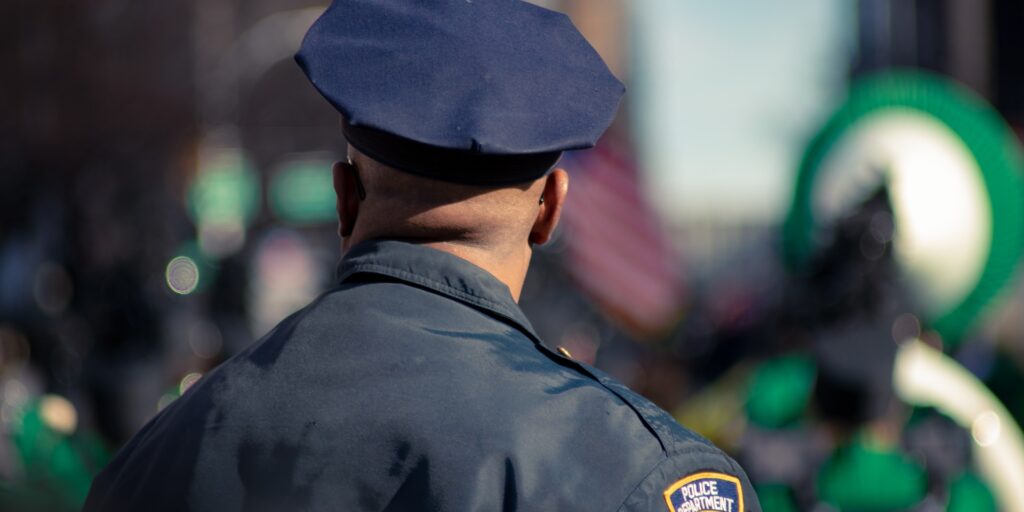- The difference between a divorce and an annulment - April 15, 2024
- Hidden costs to be aware of when buying a house - April 3, 2024
- The rules about legally transporting a firearm in Canada - April 1, 2024
By LegalMatters Staff • The administration of justice in Canada is a delicate balance of police power and the maintenance of civil liberties. That is why citizens should know their rights when they are investigated by police.
“If police want to search your home for evidence of a crime they will usually first obtain a search warrant,” says Calgary criminal defence lawyer Greg Dunn. “The document has to spell out what or who police are looking for. If they do not have a warrant, officers can ask to enter your home but you can deny that request.”
If investigators have a search warrant they must also act reasonably during a search and not use excessive force or damage your property, he says.
“If they seize anything you own but then you are not charged with an offence, the property has to be returned within three months. Exceptions can be made if they obtain permission from the court to keep it longer,” Dunn explains.
On the street, police are not allowed to randomly interrogate people, he says, adding that if an officer wants to speak to you, they must tell you why and you have a right to know the officer’s name or badge number.
“Other than giving your name and address, you do not need to answer any questions they ask. However, always maintain a polite attitude while dealing with an officer,” Dunn advises. “If they ask to search your bags or belongings you can say no, unless you are under arrest. If they are not arresting you, you have the right to walk away.”

